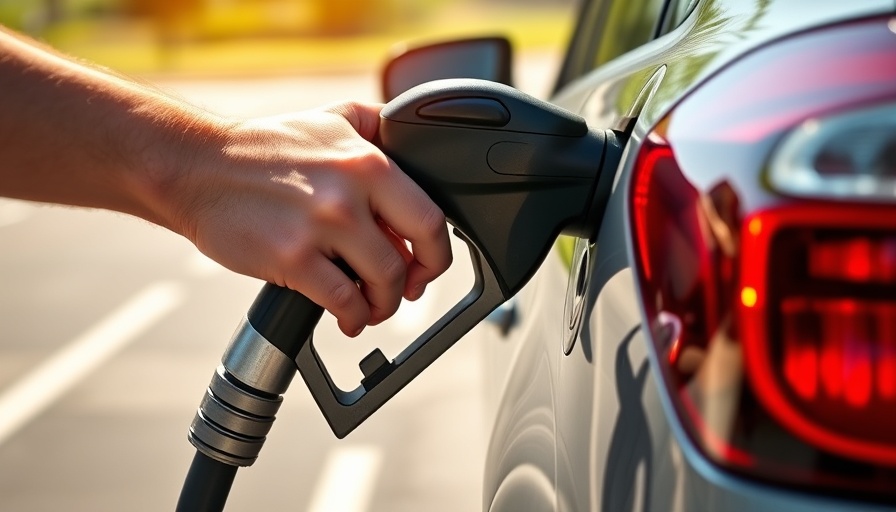
Why Can't New Jersey Drivers Pump Their Own Gas?
For many motorists, the experience of filling up on gas is an everyday ritual, but for those in New Jersey, it comes with a unique twist. Since 1949, this Eastern state has maintained a law prohibiting self-service gas pumping, raising eyebrows and questions from visitors and residents alike. The law's origins can be traced to public safety concerns, influencing both local culture and how people approach a simple task like refueling.
Historical Context and Safety Regulations
The Retail Gasoline Dispensing Safety Act was established in the post-war era, when regulations were put in place to prevent accidents and injuries associated with gasoline dispensing. According to state legislature findings, allowing individuals to pump their own gas presents numerous fire hazards and safety risks not easily mitigated without trained attendants. These attendants are responsible for enforcing safety protocols, such as ensuring vehicle engines are turned off, and providing service while you wait.
The New Jersey government cites the need for trained professionals at every gas station as critical in maintaining compliance with these necessary safety measures. This choice reflects a state-wide commitment to prioritizing community safety over personal convenience.
Tips for Navigating Gas Stations in New Jersey
If you are new to New Jersey or simply haven't encountered this unique law before, certain tips can enhance your experience. First, be prepared to pull into a station and remain in your vehicle while an attendant offers service. As the conversation develops, you might also want to consider tipping your attendant. While it's not obligatory, showing appreciation for extra services, such as cleaning the windshield, is commonly welcomed.
Comparing Gas Prices: New Jersey Versus Neighboring States
When it comes to gas prices, New Jersey often competes favorably with surrounding states, especially considering the myriad costs involved in staffing gas stations. As reported by AAA.org, the average price of regular gas in New Jersey at the time of publication was $3.037, which stands out against other nearby states like New York and Connecticut. However, factors such as pricing strategies and local regulations can affect these cost comparisons, sometimes making gas more expensive than in Midwestern states.
Gas Prices: What to Expect in New Jersey
It’s essential to understand that part of the price tag at the pump reflects the cost of employing gas attendants, a unique aspect of the New Jersey system. As Eric Blomgren, executive director of the New Jersey Gasoline, C-Store, Automotive Association, points out, these additional costs are inherent in maintaining service quality and safety standards across gas stations.
This system of employment ensures that the gas stations operate with a high level of service and safety, providing a unique context that might pay off in the long term with better vehicle maintenance and fewer road accidents.
Future Perspectives on Self-Service Laws in New Jersey
The debate surrounding self-service gas pumping is one that continues to evolve. Some proponents argue for the convenience and autonomy that self-service offers, while others cling to the tradition of full-service refueling for its perceived safety and community support. Looking ahead, one possibility is a gradual shift in public opinion that could influence legislative change, ultimately altering the fabric of how New Jerseyans experience the simple act of filling their gas tanks.
In conclusion, while driving in New Jersey may involve navigating its unique laws regarding gas pumping, understanding the reasons behind them can help you appreciate the law's intentions. Whether you're a local, a visitor, or someone contemplating a move, knowing these laws can enhance your experience and provide insight into New Jersey's culture. Meanwhile, as you fill up your vehicle, consider the job that gas attendants do to keep you safe and your vehicle running smoothly.
 Add Row
Add Row  Add
Add 




Write A Comment